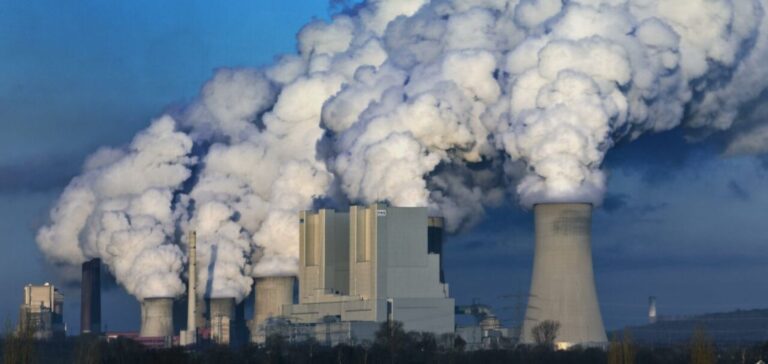After several years of tension regarding the role of nuclear energy in European energy strategy, Germany now seems ready to adopt a more flexible stance toward its partners, particularly France. The German Ministry of Economy and Energy recently affirmed its commitment to fully respect the energy choices of other European countries, embracing a policy of technological neutrality, without favoring or excluding any energy source.
Policy Shift Under Friedrich Merz
This change of stance comes with the rise to power in Berlin of conservative Chancellor Friedrich Merz, successor to Social Democrat Olaf Scholz, whose policy leaned towards a strict nuclear phase-out. Merz and French President Emmanuel Macron recently published a joint statement emphasizing their intention for political realignment on energy policy, highlighting the importance of a balanced and competitive strategy based on technological neutrality within the European Union (EU).
France, strongly committed to nuclear energy through its 57 active reactors, has long advocated for nuclear to be integrated into European funding mechanisms on equal terms with renewable energies. This position may now be facilitated by the Merz administration, which appears more open on this issue compared to its predecessor, though internal resistance still persists.
Internal Divisions Within the German Government
Despite favorable declarations towards technological neutrality, disagreements remain within the German government, notably among ministers from different coalition parties. Environment Minister Carsten Schneider, from the Social Democratic ranks, publicly opposed equating nuclear power with sustainable energy comparable to renewables, illustrating the ongoing difficulty of achieving a clear political consensus on the issue.
Germany definitively closed its last nuclear reactors in 2023, opting for a strategy based on renewable energy, natural gas, and green hydrogen to reduce its carbon emissions. However, the current government, while remaining cautious, asserts that any reduction in CO₂ emissions is beneficial to climate objectives without excluding any potentially useful technology.
Economic and Regulatory Implications
The potential recognition of nuclear energy as “green” at the European level would have significant economic impacts. It would notably facilitate French nuclear projects’ access to EU funding and strengthen France’s position in energy discussions within the EU. However, Germany has not yet explicitly clarified its final position on such funding, preferring to wait until concrete EU proposals are evaluated before adopting an official stance.
As discussions continue, the new coalition in Berlin will need to carefully navigate between its promises of technological openness and persistent internal divisions over nuclear power, leaving observers attentive to how these decisions will shape the European energy landscape.






















